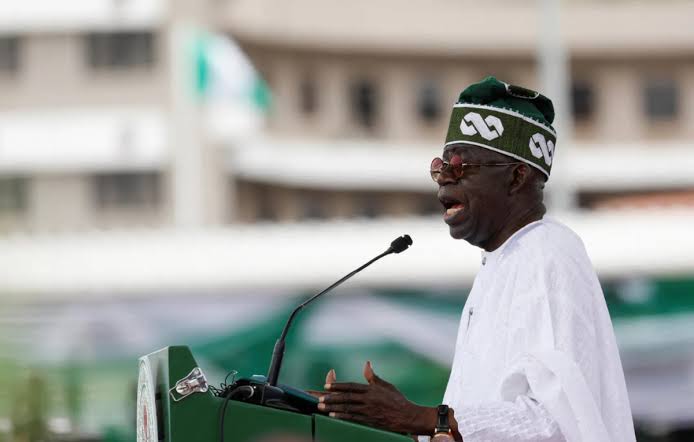President Bola Tinubu announced on Tuesday that the long-anticipated approval of Exxon Mobil Corp’s $1.28 billion sale of its onshore assets to Seplat Energy is expected within days, following regulatory clearance. This deal, which was first unveiled in 2022, has garnered substantial attention from industry observers, who view it as a potential catalyst for similar transactions, such as Shell’s recent asset sale to Renaissance.
In his televised address to commemorate Nigeria’s 64th Independence Day, Tinubu emphasized the government’s commitment to fostering a business-friendly environment while upholding the country’s regulatory standards. “The ExxonMobil-Seplat divestment will receive ministerial approval in a matter of days, having been concluded by the regulator,” Tinubu stated confidently. However, despite this assurance, the Nigerian Upstream Petroleum Regulatory Commission has yet to officially confirm the final approval of the transaction.
Nigeria, which relies heavily on its oil industry as a primary revenue source, has faced numerous challenges in maintaining steady production levels due to widespread crude oil theft and pipeline vandalism, particularly in the Niger Delta region. As a result, major oil companies such as Exxon and Shell have been shifting their focus towards deepwater exploration and production to sustain their operations. In line with this shift, the presidency recently disclosed that Exxon has proposed a $10 billion investment into offshore oil projects, as part of its broader push to expand its activities in Nigeria.
During his address, Tinubu also noted that Nigeria has attracted more than $30 billion in foreign direct investment since his administration took office last year. While the government’s economic reforms, including currency devaluation, subsidy cuts, and relaxed foreign exchange controls, have improved the overall investment climate, these measures have also intensified the cost of living, causing public dissatisfaction. To address this, Tinubu reaffirmed his administration’s plans to introduce fiscal reforms, such as reducing taxes for businesses, aimed at enhancing Nigeria’s attractiveness to investors.

